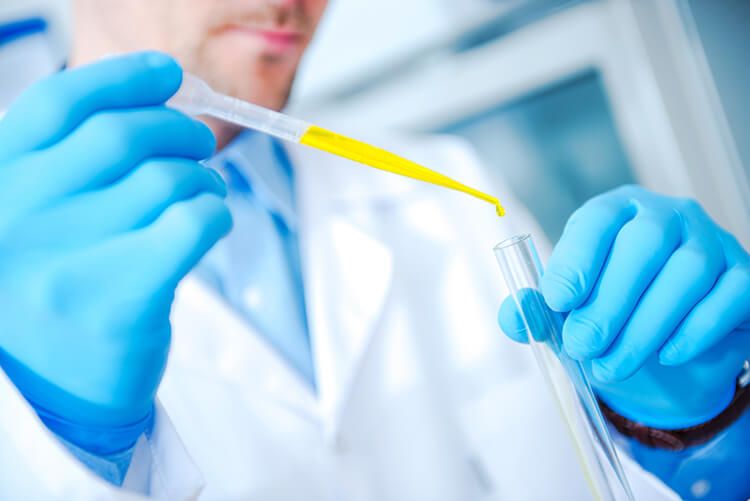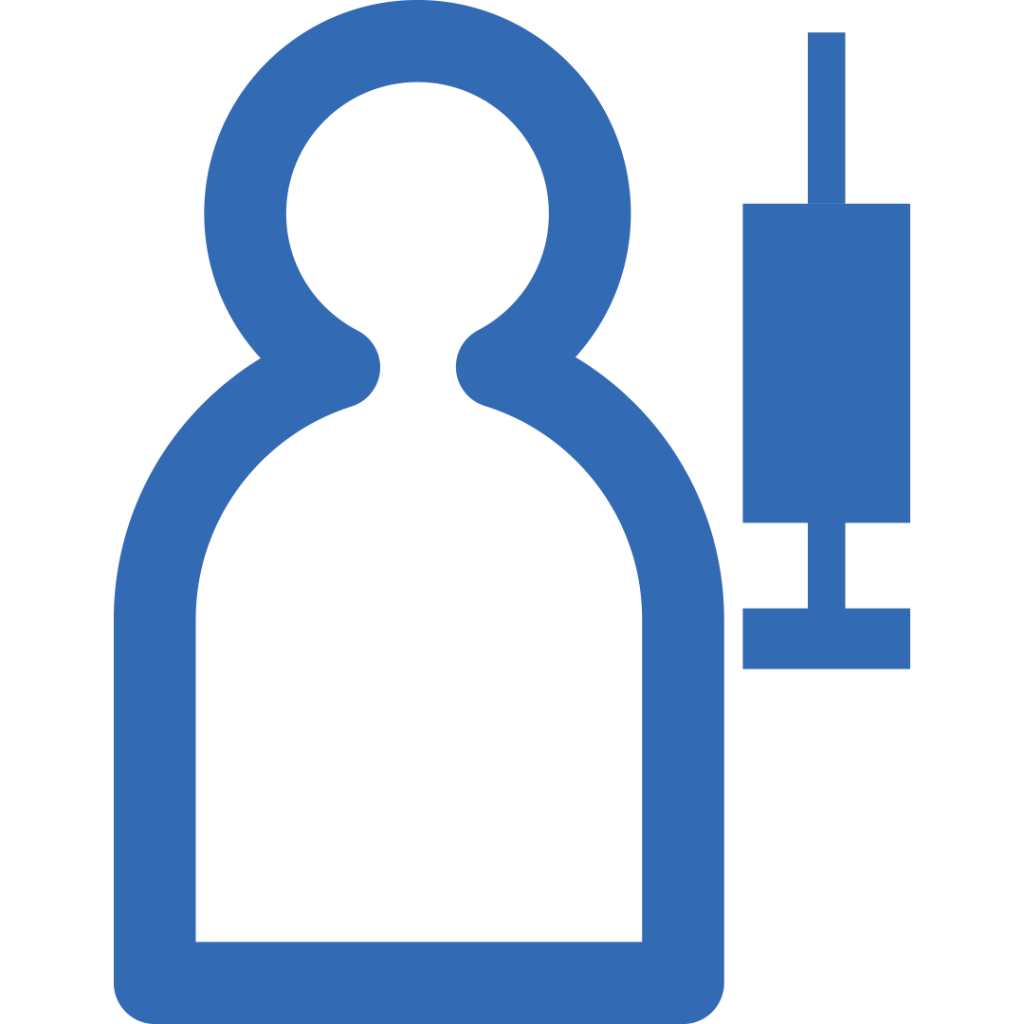
What is a urinalysis?
A urinalysis or general urine test is a series of urine tests that detect urinary tract infections and health conditions, such as liver disease, kidney disease, and diabetes. It can be part of a routine health check for adults and children.
Doctors may also request a general urine test if the patient shows symptoms of urinary tract infection.
A urinalysis gives an overview of the patient’s overall state of health and the health of his urinary system.
What tests does a urinalysis involve?
A complete urinalysis involves a visual, a chemical, and a microscopic analysis of the urine sample.
The results of the urine tests are grouped into three categories:
- General characteristics (color, clarity, specific gravity, pH)
- Chemical examination (albumin, glucose, hemoglobin, myoglobin, bilirubin, urobilinogen, nitrite)
- Microscopic examination (leukocytes, erythrocytes, epithelial cells, casts, crystals, amorphous urates, yeast, microorganisms)
What is a urine culture?
A urine culture is a laboratory test performed to diagnose a urinary tract infection. It is requested when there are symptoms of infection or if the general urine test indicates the presence of microorganisms. Urine cultures are also important during pregnancy or before urologic surgery.
What does a urine culture indicate?
Urine culture shows if the urinary tract has been infected with a germ. If the culture is negative, then there is no germ.
Otherwise, the bacterium is identified, and an antibiogram is issued. The antibiogram indicates to which antibiotics the bacterium is sensitive.
Urine tests at PLUS diagnostic center
PLUS microbiology laboratory performs urine diagnostic tests, such as urinalysis, urine culture, and antibiogram.
The front desk can receive the urine sample in the special urine collectors during the working hours of the laboratory.

Experienced Staff
Well-trained and experienced staff in the analysis of urine tests.

Roche Cobas Urine 6500
State-of-the-art analyzer for fast and accurate results.
Frequently Asked Questions
The urine sample must be delivered to the laboratory within half an hour from the collection. Otherwise, it must be placed in the refrigerator or a container with ice cubes until delivery to the laboratory.
The urine sample for urinalysis or urine culture can be collected at any time of the day. However, it is advisable to collect the first-morning urine.
To ensure the test quality, you should follow the instructions below:
- Get a sterile urine collector from the pharmacy.
- Before urine collection, thoroughly wash the area of the external genitalia and urethra with soap and lukewarm water. Do not use antiseptics.
- Then, rinse thoroughly with plenty of water and wipe the area with a clean towel or sterile gauze.
- Urinate a little in the toilet first and stop. Then, collect the urine in the cup.
- Remove the urine collector before urination stops.
- The urine collector does not need to be filled to the brim. Half cup or even 20ml of urine is enough for the test.
- Close the urine collector tightly and take it to the laboratory within half an hour. Otherwise, place the sample in the refrigerator or in an ice container until you deliver it to the laboratory.
The 24-hour urine collection is a test used to access kidney function.
To collect the sample correctly, you need to follow the steps below:
24-hour urine collection – 1st day
- When you wake up in the morning, urinate into the toilet when you get up in the morning. Do not collect any urine.
- Mark the exact time of urination to know exactly when the 24-hour period will end.
- From now on, collect all urine in a special collector for the next 24 hours.
- To ensure the test’s reliability, collect the entire amount of urine without any losses.
- Each time you urinate in the urine collector and then transfer the urine to the 24-hour urine collector.
- The 24-hour urine collector remains closed in the refrigerator throughout the collection period.
24-hour urine collection – 2nd day
- The next morning, 24 hours after the urination time you marked the first day, you empty your bladder, collecting the urine. With this sample, the 24-hour collection is completed.
- Deliver the 24-hour urine collector to the laboratory as soon as possible.
Some medications, such as antibiotics, and dietary supplements may affect the test. Urine culture should be done before receiving antibiotic treatment. Otherwise, you should inform your doctor and the laboratory staff.